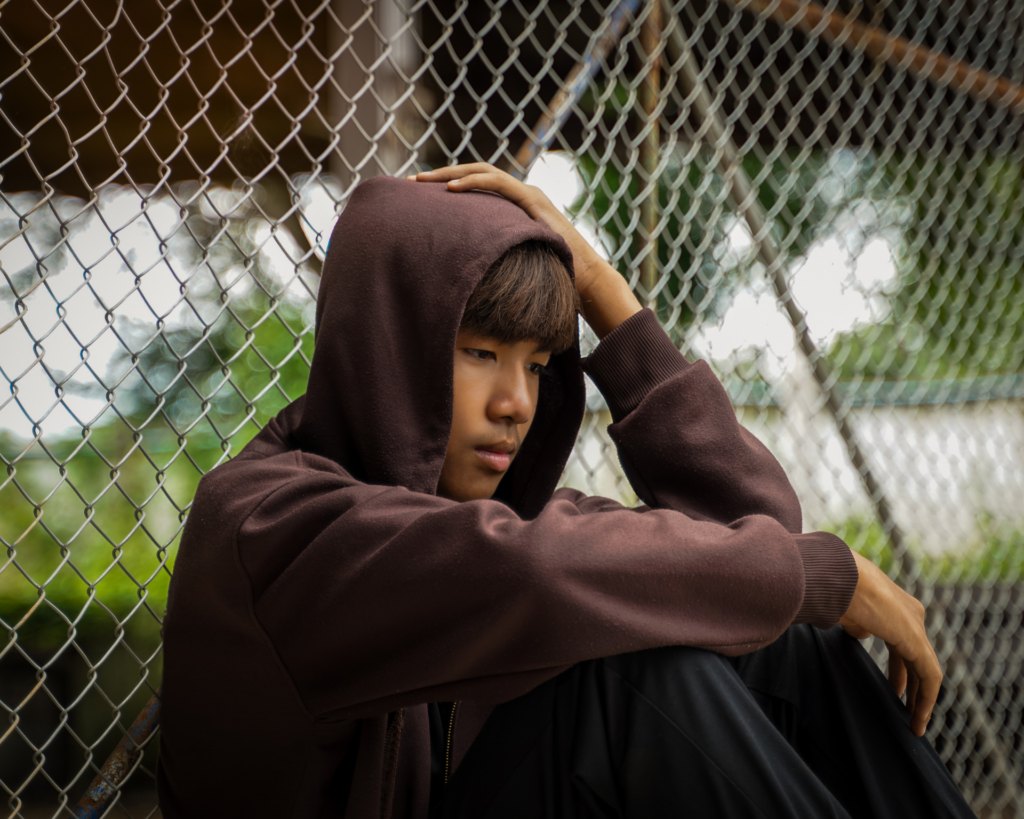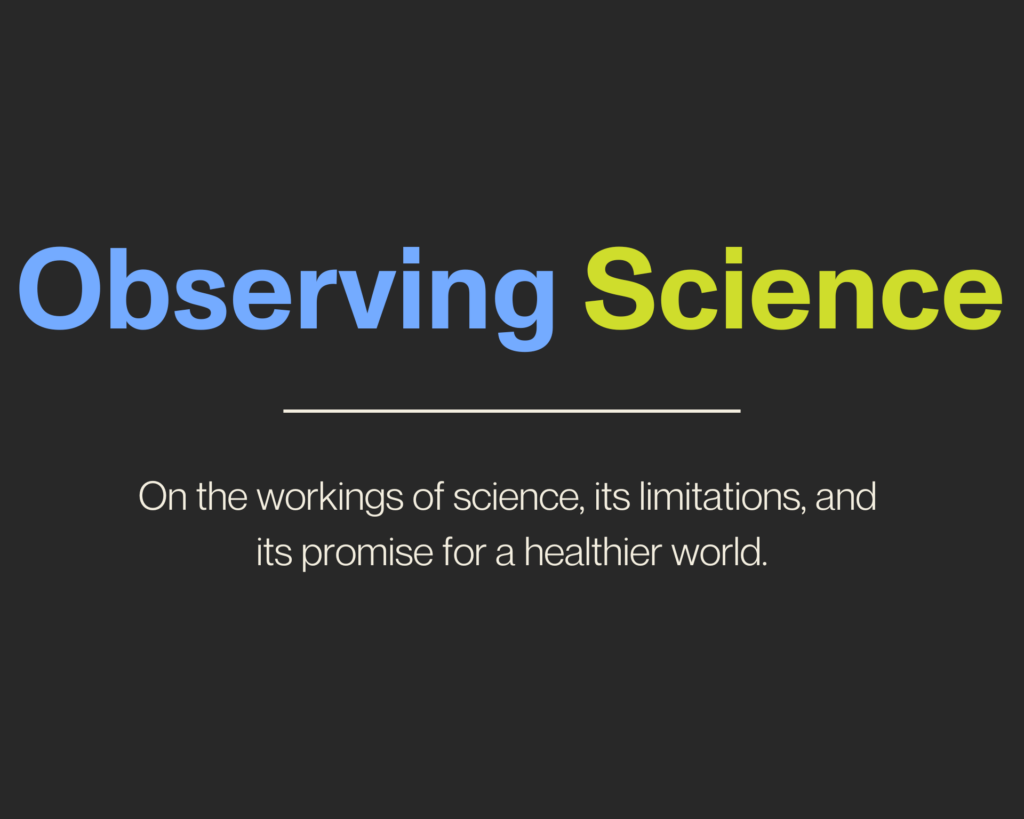Awaiting Death: Undocumented and No ID
Undocumented migrants are denied care not because of their legal status but because of their lack of photo identification.

Read Time: 4 minutes
Published:
“I’m pissing blood,” shares Pedro, a 76-year-old undocumented Mexican man suffering from a urinary tract abnormality. Like other undocumented immigrants without an ID, Pedro is unable to legally access a primary care provider and obtain a referral to surgically fix his urinary tract. This means Pedro has no other choice than to wait for his urinary problem to turn into full-blown kidney failure, at which point his condition might be considered a life-threatening emergency that merits care under the 1986 Emergency Medical Treatment and Active Labor Act. “I’m just tired. I’m tired of waiting. Waiting all the time. And now, I’m waiting to die.”
Like many of the atrocities we’ve witnessed throughout our nation’s history, the most alarming thing about Pedro’s experience is not necessarily its brutality, but its legality. Much of the existing literature on immigrant health disparities focuses on the “problem” of noncitizens’ legal status, not the actual problems with the legal structure of the US health care system. Addressing the latter, I conducted 11 months of ethnographic and interview-based research in Houston, Texas to explore the “regular” albeit violent effects of legal medical bureaucracy on low-income undocumented migrants as they seek care.
My research shows that undocumented migrants are denied care not because of their legal status (i.e., their “illegality”) but because of their lack of photo identification (i.e., their “illegibility”). Being illegible means being untraceable. Whether real, counterfeit, or expired, IDs make migrants legible to the state, and this legibility allows the state to track and manage them. In terms of medical protocol, identity checks are legal, routine, and otherwise construed as normal or unproblematic. However, when migrants cannot provide an ID, they are denied care and begin a trajectory of exacerbated suffering. For some, this means having their long-term care needs relegated to private, medically unaccredited personal care homes. For others, this means an involuntary waiting game where, for many, death seems like the only possible recourse.
“Life is beautiful, man. I don’t want to die, but some of those guys have given up and ask to die every day. ” ~ Efren, a 60-year-old Mexican man.
For example, Rodney, a Honduran man in his mid-forties, bounces from clinic to clinic hoping that one of them will overlook his lack of ID and address his hernia. His condition is so precarious that his intestines could explode if he overworks his body. As long as the system keeps denying care, he faces the same alternative as Pedro: wait for his hernia to become life-threatening. As Efren, a 60-year-old Mexican man, puts it, this state of prolonged suffering becomes so taxing for some that they welcome death: “Life is beautiful, man. I don’t want to die, but some of those guys have given up and ask to die every day.”
While the health care system can be a source of healing for migrants in some subnational contexts, my research illustrates ways in which it can also act as an extension of the state and prolong migrants’ suffering up until they take their last breaths. Conventionally, the state is understood as chiefly responsible for regulating how migrants live (and die), but immigration and health care law are so entwined that medical practitioners are increasingly – and likely unintentionally and involuntarily – taking on this responsibility.
Although health practitioners vow to “do no harm,” the US health care system is legally structured in ways that may inhibit them from doing any good in the first place. ID requirements are already beginning to impact undocumented migrants seeking Covid-19 vaccinations. Without substantive immigration and health care reform, the very institution designed to advance health and wellbeing will continue to legally exacerbate migrant vulnerability.
Photo via Getty Images



